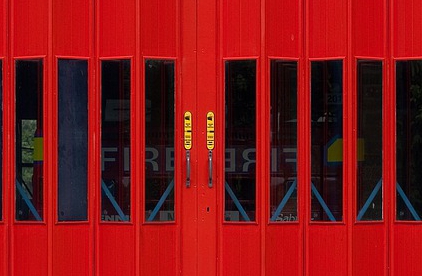
The council tax paid by Shropshire households to the county’s fire service will increase by £2-a-year from April following a U-turn by its governing body.
Shropshire and Wrekin Fire Authority approved the proposed 2022/23 budget, including a 1.99 per cent precept hike, after hearing that resisting the rise would cost the service £350,000-a-year.
The decision was made at an extraordinary meeting called after members voted against the proposed budget last week.
Joanne Coadey, head of finance, told the meeting that the extra money was needed in order to fund the annual staff pay increase, rising costs and six service reviews over the coming year, which she said were “critical to maintain service delivery and avoid degradation”.
The first of these is a review into the current on-call system, in response to concerns over a gradually increasing turnover of on-call fire fighters, from 6.5 per cent in 2017 to 12.3 per cent last year.
Chief Fire Officer Rod Hammerton said the on-call service, which mans 24 of the county’s 29 appliances, relied on a huge amount of goodwill from staff, which has resulted in 97 per cent appliance availability – the best in the country.
He said this was projected to drop to 88 per cent within the next five years, with a worst-case scenario of 82 per cent.
Mr Hammerton said: “The current on-call system needs to be overhauled if Shropshire is to continue to benefit from nationally leading levels of performance.”
The review will look at the flexibility of contracts, personal development opportunities and pay.
Mr Hammerton said just to bring Shropshire’s retained fire fighters up to average levels of pay seen at other services would cost £112,000.
Another review will look at opportunities presented by better utilising technology such as drones and body worn cameras, to enable remote command support at major incidents while awaiting the arrival of a commander on-scene.
The service also plans to carry out reviews into efficiency and productivity, resources, and performance over the next year, as well as the ongoing alliance project with Hereford and Worcester.
Ms Coadey said the authority had previously considered precept freezes but had always decided against it.
She said: “These strategies have enabled the authority to weather austerity and to invest in its assets, by building reserves to fund new buildings, vehicles, and equipment, thereby reducing debt charges into the future.”
The precept rise was supported by Conservative and independent members as well as the Liberal Democrat group, which had voted against the proposal the week before.
Councillor Eric Carter, the Conservative chairman of the authority, urged members to back the 1.99 per cent rise.
He said: “The reason we are in the position we are in today is that we took the decision over the last few years to go with the recommended increases. Other fire services did not and now they are in a mess. We are not because we took the right decisions at the right time.”
Liberal Democrat councillor Roger Evans said: “On balance I think I will be voting for the 1.99 per cent increase, although I am a little bit disappointed because I would have preferred a mid-way position of one per cent to show we do have sympathy for those who are suffering at present.”
Conservative member Joyce Barrow added: “The service is held in high regard by the public, and any under-funding or degradation of the service needs to be avoided.”
The budget, including the precept rise, was approved with 10 votes in favour, though the four Labour members maintained their objection and voted against.
Following the meeting, Councillor Carter said: “The authority has a long track record of making tough decisions on budgets, and so far our prudent actions have paid off.
“Doing this has made sure our fire and rescue service is one of the best performing in the country.
“As an authority we are sympathetic to the financial pressures people are currently under but we felt that a 1.99 per cent in precept was a reasonable and sensible investment in making sure our fire and rescue service remained fit for purpose.
“I am glad to see that, after a robust and healthy debate, common sense prevailed.”


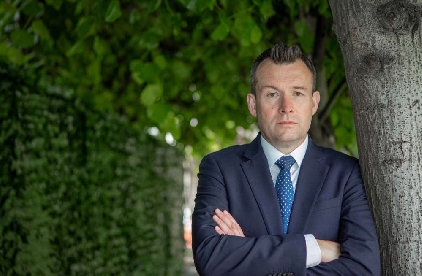 MP raises concerns over future of Post Office network
MP raises concerns over future of Post Office network
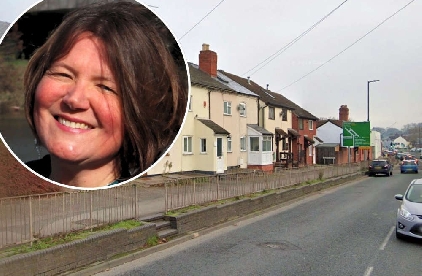 County ‘needs to stop using this chemical’ says North Herefordshire MP
County ‘needs to stop using this chemical’ says North Herefordshire MP
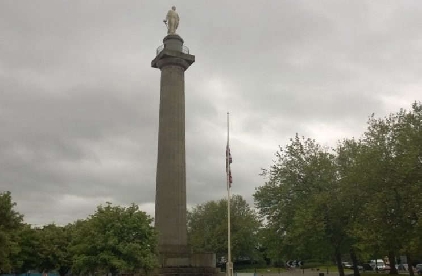 Statue of Lord Hill on The Column to be repaired
Statue of Lord Hill on The Column to be repaired
 Ludlow concerts draw 40,000 people
Ludlow concerts draw 40,000 people
 Revealed: The main roads in Herefordshire prioritised for repairs
Revealed: The main roads in Herefordshire prioritised for repairs
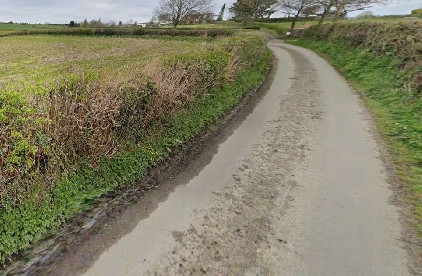 Villagers fustrated over lack of road repairs
Villagers fustrated over lack of road repairs
 New Food and Drink group launched at online event
New Food and Drink group launched at online event
